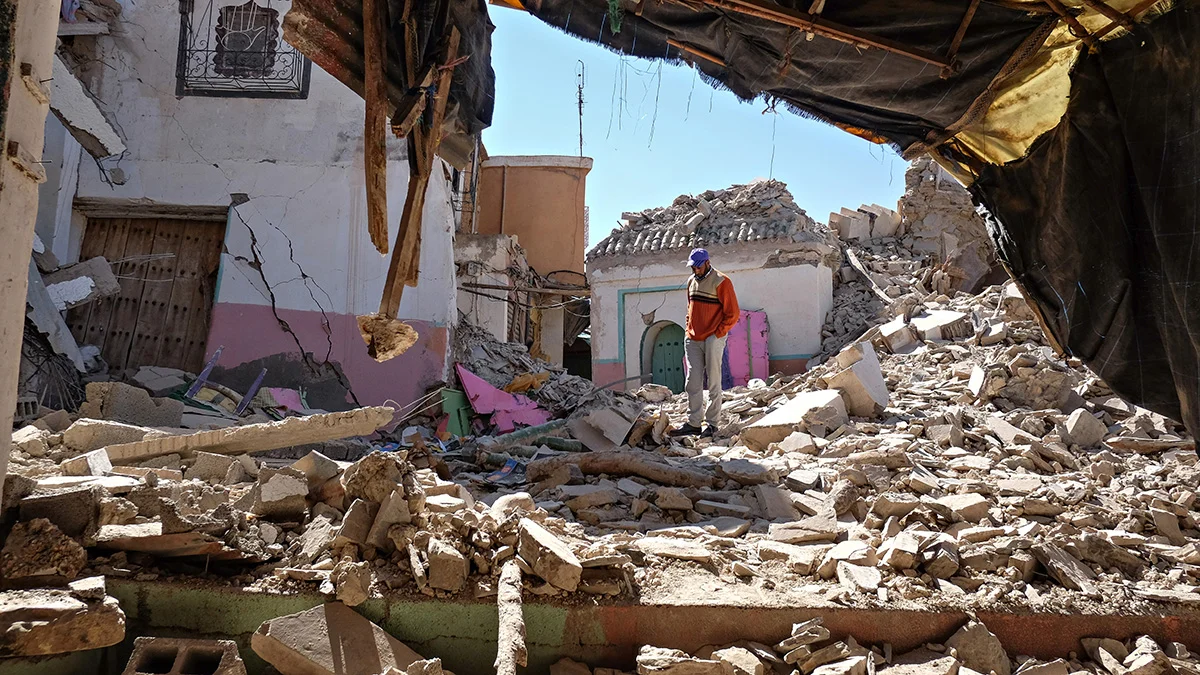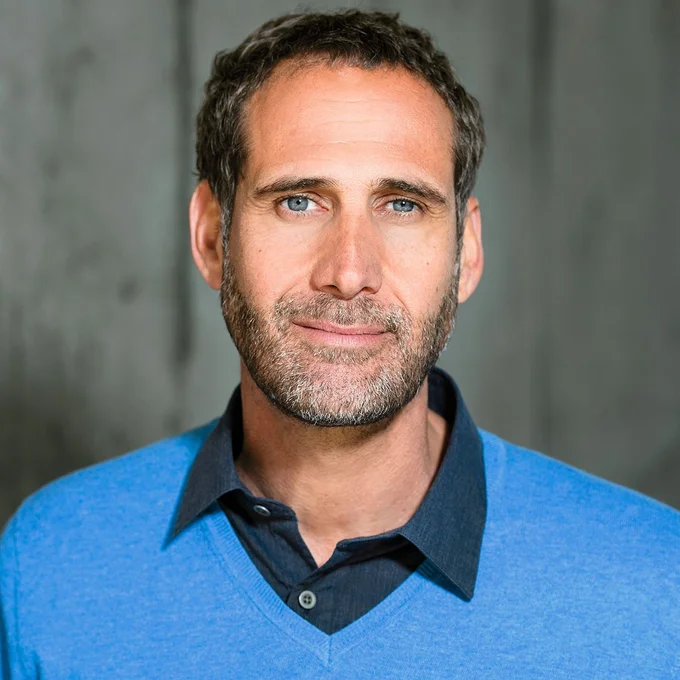Initial reports indicate that approximately 100,000 children have been impacted by the powerful earthquake that struck Morocco late on Friday night - the strongest seismic event to hit the Kingdom since 1960.
Like all major earthquakes, aftershocks are likely to continue in the days and weeks ahead, putting children and families at further risk.
The magnitude-6.8 quake struck just after 11pm on 8 September, at a time when most children and families will have been at home asleep. The United Nations estimates that more than 300,000 people have been affected in Marrakesh and in the High Atlas Mountains.
According to authorities, more than 2,600 people have been killed, including children, with thousands more injured. These numbers are only likely to increase. While UNICEF doesn’t yet know the exact number of children killed and injured, latest estimates from 2022 indicate that children represent almost a third of the population in Morocco.
Thousands of homes have been destroyed, displacing families, and exposing them to the elements at a time of year when temperatures drop down during the nighttime. Schools, hospitals and other medical and educational facilities have been damaged or destroyed by the quakes, further impacting children.
UNICEF has provided support to the children of Morocco since 1957, opening a country office in 1978 and has already mobilized humanitarian staff to support the immediate response on the ground, which is being led by the Kingdom of Morocco. In close co-ordination with the authorities and UN partners, UNICEF is ready to further support the humanitarian response as necessary to reach children and families affected with critical supplies and services.

